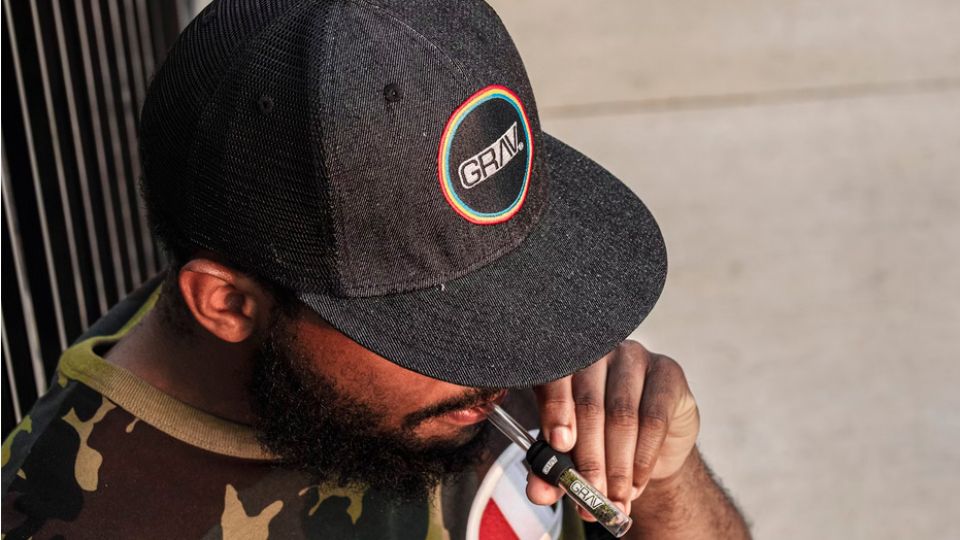May 20, 2024
PETALING JAYA – Drug-filled vape liquids and sex stimulant pills for men are fuelling a rise in substance abuse cases in the post-Covid-19 pandemic era.
According to data from the National Anti-Drug Agency (AADK), there were over 145,000 substance abuse cases recorded in 2023, higher than the 142,000 cases reported in 2019, just before the pandemic struck.
Cases of substance abuse during the pandemic years of 2020, 2021 and 2022 saw a drop in cases due to lockdowns which suppressed the sale of illicit drugs.
Volunteers with AADK also revealed that the largest age group with substance abuse problems throughout the 2018 to 2023 period were those aged between 19 and 39, who make up 62% to 69% of all cases.
“Based on our ground survey, one of the main factors fuelling abuse and addiction is mental and emotional stress.
“It could be pressure at university, in the family or at the workplace,” said Muhamad Hanafi Jalaludin, a volunteer with AADK.
“We believe that if they can cope with the stress, they would not turn to drugs.”
CLICK TO ENLARGEMuhamad Hanafi, who heads the Selangor chapter of Skuad Antidadah, added that their volunteers have been seeing more substance abuse cases among university students and working professionals in the post-pandemic era.
Skuad Antidadah is made up of non-civil servants who sign up as volunteers for AADK and are tasked with organising community programmes to spread awareness about the dangers of substance abuse and how to provide help for addicts.
Aziz Ku Li, head of the Kuantan Skuad Antidadah district chapter, said during programmes with student groups in institutions of higher learning, they would come across youngsters who inadvertently consumed drugs through vape liquids.
“Their peers would offer them new liquids that supposedly helped them to study better,” he said.
Aziz, who is also Pahang Skuad Antidadah’s deputy chief, said these young people would then become increasingly dependent on these substances when studying, leading to problems with addiction.
“As for those aged 30 to 50, we’ve seen an increase in men using stimulants to boost their sex drive or performance in bed,” he said.
“Often, these pills have not been approved by the authorities and are passed around among friends.“They try it once and if they experience an improvement, they start using it… until it becomes an addiction.”
Both Muhamad Hanafi and Aziz said their volunteers have to be creative when crafting programmes to spread awareness without intimidating stimulant users and their families.
“If we… just do an exhibition on the effects of dangerous drugs, no one will show up,” Aziz said.
“But if there are side activities such as drawing competitions for children and motorcycle convoys, there will be more participants and youths joining in.
“We even get people who come to us to share their experiences and observations about their friends and family members who may need help.”
Muhamad Hanafi, meanwhile, said many of their programmes with community groups – such as clubs and residents’ associations – would focus on the importance of people embracing healthy lifestyles and measures to cope with mental and emotional pressure.
“What we are seeing among addicts is that they turn to drugs because they think that’s the way to deal with pressure and stress.
“Some of them were given the drugs by friends to help them deal with stress, which resulted in them getting addicted.
“We share with them strategies on how to deal with emotional pressure and lead a healthy lifestyle with meaningful activities,” he said.
At the national level, Muhamad Hanafi said the squad aims to register one million volunteers this year to increase its outreach.
So far, a total of 145,812 individuals have signed up as volunteers with AADK nationwide.
“If each family has one volunteer serving the squad, it would go a long way towards spreading awareness about staying away from drugs,” he added.

